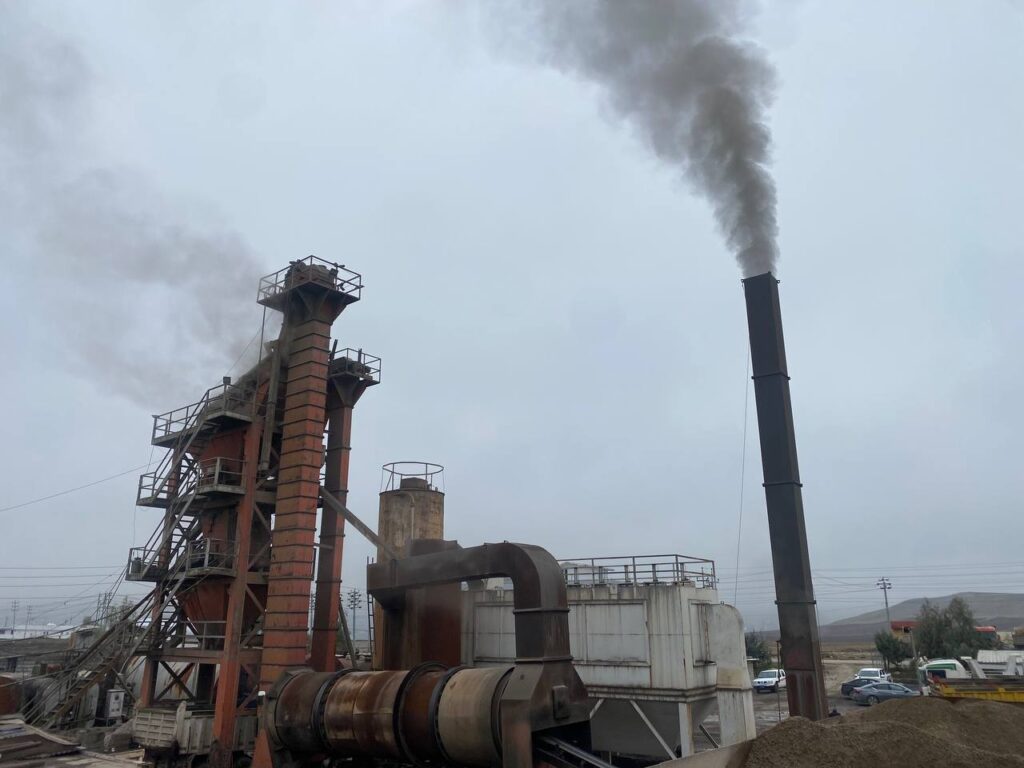Iraq Preparedness Quarterly Update, January –March 2020
Highlights
A presentation to introduce the field-based Logistics Preparedness Projectwas conducted tokey playersin the Kurdistan Region of Iraq (KRI)government. The Joint Crisis Coordination Centre (JCC) accepted to sponsor the projectand showed a great understanding and cooperation to implement project activities.
The logistics capacity mapping survey was disseminated to the humanitariancommunity functioning in KRI and the result of the survey was summarized and analysed to be a roadmap during gaps analysis and identification workshop.
A meeting was held with JCC to discuss the Gaps Analysis workshop agenda and specify the list of attendees from government’sside. Furthermore, a meetingwas heldwith the representative of Technisches Hilfswerk(THW) to build a collaboration and unify the logistics preparedness efforts. Support from THW was requested to carry out the activities of the workshop.
The Gap Analysis Workshop tookplace in KRI with the attendance of 45 attendees from various sectors, such as thegovernment, UN agencies, INGOsand NGOs, and the private sector. The logistical gaps and bottlenecks were identified during the workshop and an Action Plan was developed to be endorsed by the project sponsor(JCC). Additionally, the workshop report was developed and published in GLC/Preparedness website.
Preliminary meetings with counterpartsfrom a UN Agencywere conducted to initiate Logistics Preparedness Projectand identify project sponsor in the Federal Iraq (FI) region (In the Centre and South of the country).
Due to the current COVID-19 outbreak and crisis, the process of reviewing and validatingof the Action Plan by JCC is moving slower than expected. However, regular contactsare kept with JCC to stay up to datewith the validation status.
Background
Due to several factors, such as high indices of risks (natural and man-made), inadequate national supply chain capacities, and low performance indicators, the Global Logistics Cluster (GLC) deemed Iraq a disaster-prone country and committed to support and empower its preparedness capacities and supply chain resilience.
As the military operations and humanitarian crisis were at a peak in 2014, the Logistics Cluster was activated to support humanitarian community efforts responding to the needs. But, as the country transitioned from response to recovery mode, the Logistics Cluster was deactivated and replaced by a Sectoral Working Group. This Sectoral Working Group was also deactivatedin late 2019. In 2020, the Logistics Preparedness Project initiated its activities by holding several preliminary high-level meetings with the authorities, trying to introduce the steps and objectives of the Preparedness Project. Due to various circumstances,the project first started in KRI -where the security situation is more stable -tobe later implemented in FI.




